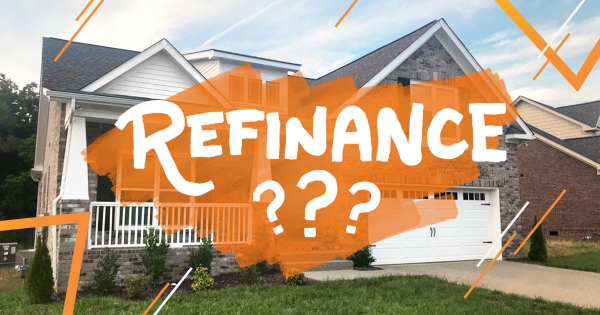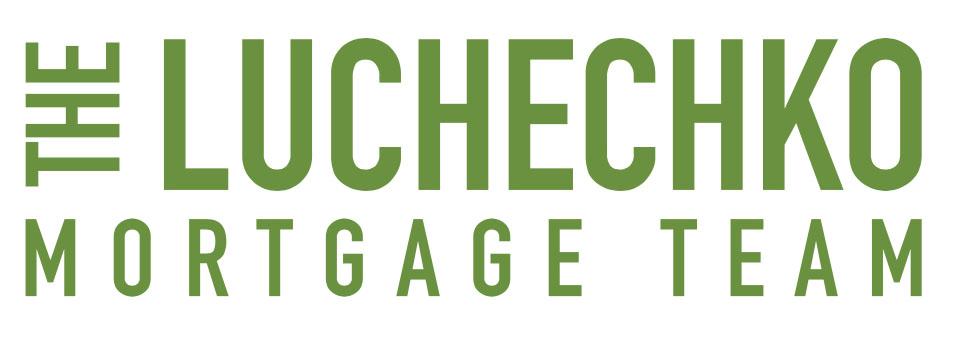Studies show that 80 percent of people who make New Year’s resolutions fail before the start of February. Don’t let yourself fall into that trap. If you’ve committed to improving your fitness this year, Luchechko Mortgage Team is here with some tips on how you can maximize your chances of success by exercising at home.
Create Your Ideal Workout Space
Finding space to exercise at home can be a hassle. However, if you can find space for a home gym, you’ll not only increase your chances for fitness success but also raise the value of your home.
Convert a current room into a home gym
One option for your home gym is converting a room in your home that is no longer serving its original purpose. Do you have a:
Guest bedroom but no guests,
Kid’s bedroom but they’ve moved out,
Game room that’s no longer necessary, or
Third garage stall that’s sitting empty?
Could you convert your unused room into a home gym?
Select the Right Equipment To Meet Your Goals
It’s important to understand what equipment fits into your fitness plans and lifestyle before you sink money into your home gym.
Are you looking to strength train, complete cardio workouts, improve flexibility and stability, or perform a combination of many exercise types? Your workout goals will influence your decisions for equipment purchases. Consult with your doctor and a fitness professional before starting a workout plan to understand what will work best for you.
If your rates are below the current market rate and you thought you couldn’t refinance – think again. There are several reasons to refinance. In some cases, even if you get rates higher than your current rates you could still end up saving a ton of cash.
Move to a Shorter Term: Why moving from a 30 Year Fixed to a 15 Year Fixed could be one of the best financial decision. if you have a rate that is below the current market rates, say 3.75% – moving to a 15 Year Fixed can save you hundreds of thousands of dollars.
Of course the larger the loan amount, the more the savings. But even on a relatively smaller loan amount, you can save a bunch load of money by moving into a 15 Year Fixed from a 30 Year Fixed. Alternatively, you can move to a 20 Year Fixed or a 25 Year Fixed mortgage.
Two caveats being – You should qualify and you should be comfortable with a higher payment.
If you are thinking to refinance , here are some valuable tips. Luchechko Mortgage team is always here to help you with refianncing your home mortgage
Move From ARM to FRM: If you have had an Adjustable Rate Mortgage and getting worried about the future rise in rates, moving to a Fixed-rate Mortgage (FRM) may be a good idea. This is recommended if you plan to keep the mortgage for a very long time. Since the FRM rate is at a very low level, locking in a low fixed rate for the life of the loan gives you peace of mind and a good night’s sleep.
Move From ARM to ARM: If your ARM loan is nearing the adjustment period and you are not planning to keep the loan for a long time, moving into another ARM will save you on interest cost. With 5 and 7 Year ARM pricing at least 1% lower than the fixed-rate, it makes sense to save on monthly payment and interest cost by moving to an ARM from another ARM.


